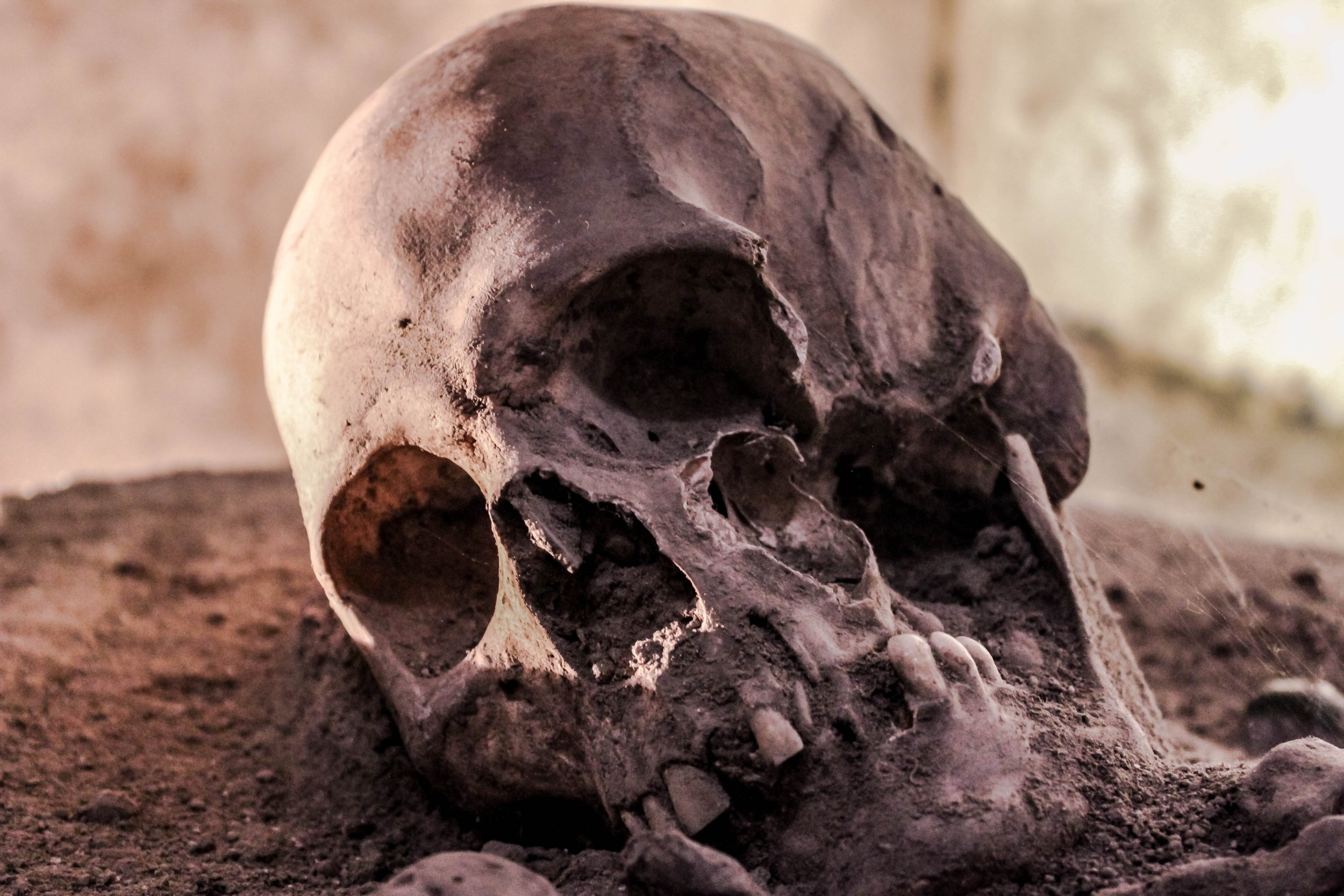
Researchers have uncovered the partial remains of a young, headless woman in a tomb in Guangdong Province, south China. The scientists believe she has been "squatting" in the grave site for roughly 13,500 years.
Some archaeologists believe her unusual resting position may symbolize pregnancy, Chinese state news agency Xinhua reported. But researchers involved in the excavation aren't sure how she lost her head.
Researchers think the woman's burial position might indicate that people of the time performed funerary procedures and rites. Other prehistoric bodies have been found in a similar position in southeast Asia.
The woman's unusual placement, researcher Liu Suoqiang explained, "points to the emergence of the concepts of life and death and of primitive religious beliefs." Liu, who led the excavation, is a senior researcher with the Guangdong Institute of Cultural Heritage and Archaeology.
Researchers argue the presence of burial items, such as a bone pin discovered at the site, supports this concept. Liu added it isn't clear whether the young woman was decapitated while alive, or if her head was removed after death but before burial.
The tomb is located in China's Qingtang ruins—an Upper Paleolithic cave site where archaeologists recently found pottery fragments that may date back some 17,000 years, according to Xinhua.
Scientists have also uncovered prehistoric fireplaces, stone tools and antlers, among other ancient finds, according to The Institute of Archaeology at the Chinese Academy of Social Sciences (CASS).
Researchers with the Guangdong Institute of Cultural Relics and Archaeology and the College of Archaeology and Museology at Peking University excavated the site from 2016 to 2018.
Although the "squatting woman" discovery was only reported by Xinhua in English this April, it made a list of the top Chinese archaeological finds of 2018, CASS reported back in March of this year.
In other Chinese archaeological news, researchers recently found a number of rock carvings in Inner Mongolia. Although some scientists think they could date back up to 4,000 years, other archaeologists remain unconvinced.
Meanwhile in Egypt, researchers recently announced they had found an ancient tomb filled with dozens of mummies—some of which contained the remains of children. The grave complex also contained a well-preserved statuette and a number of tools of the ancient Egyptian funerary trade.
Archaeologists excavating the ancient city of Pompeii in Italy recently discovered the remains of a fast-food stall. The snack bar features intricate, well-preserved paintings and numerous ancient storage vessels. Much of Pompeii and its neighbor Herculaneum was preserved for some 2,000 years after the eruption of Mount Vesuvius, a nearby volcano.
Uncommon Knowledge
Newsweek is committed to challenging conventional wisdom and finding connections in the search for common ground.
Newsweek is committed to challenging conventional wisdom and finding connections in the search for common ground.
About the writer
Katherine Hignett is a reporter based in London. She currently covers current affairs, health and science. Prior to joining Newsweek ... Read more
To read how Newsweek uses AI as a newsroom tool, Click here.








